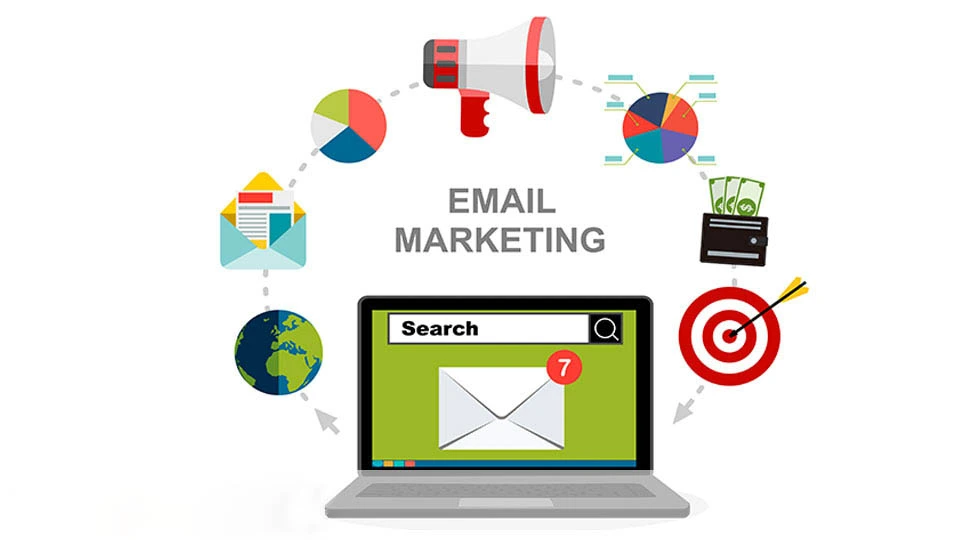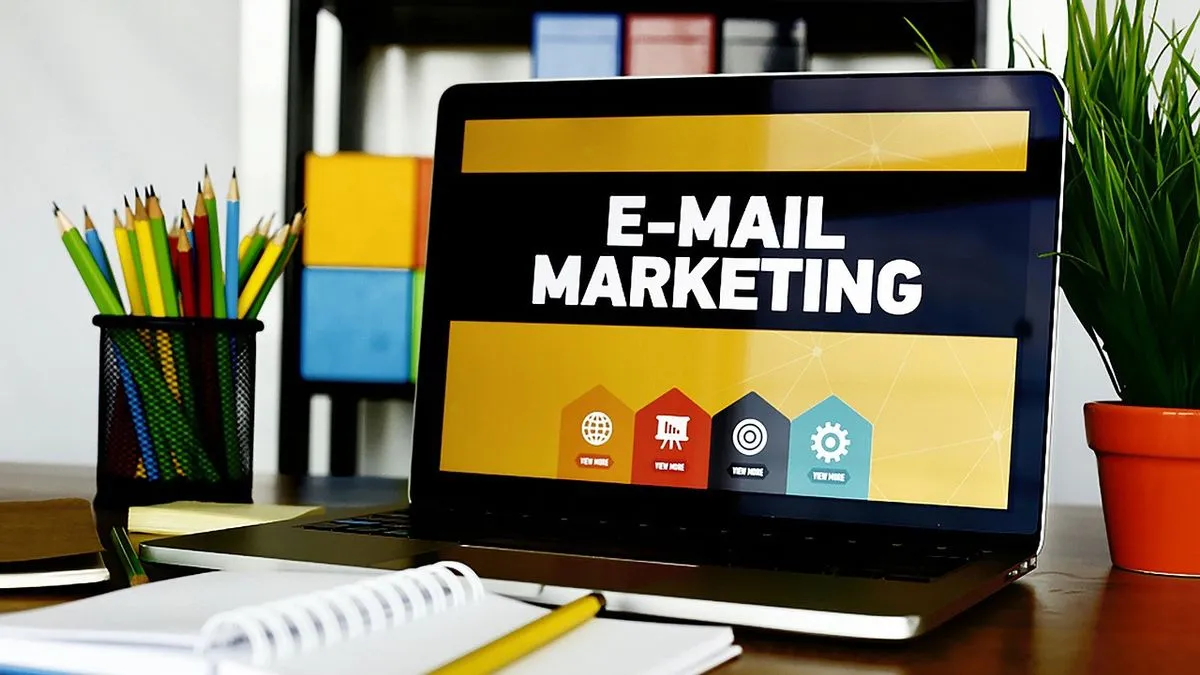Is email marketing good or bad? Is email marketing still worth it? Is email marketing dead? All of these notions surrounding email marketing have come about in the limelight of newer digital marketing strategies.
Newer strategies like influencer marketing have caused many to retrospect about old marketing strategies. Email marketing being one of the older digital marketing tactics, has faced the most scrutiny. However, it still remains one of the most widely used marketing strategies around. Why is that?
Let’s find out by digging deeper into email marketing, its advantages and disadvantages.
Email Marketing
Email marketing is a critical part of any business’s marketing strategy. It involves sending multiple different types of emails to different segments of the brand’s audience. This marketing strategy is specifically designed to connect with prospective and current customers. The main purpose for this is to increase brand awareness, foster customer loyalty among your target audience, and promote your brand’s products or services.
In a broader sense, email marketing entails any email sent to a segment of your audience to build relationships, engage dormant customers, and drive sales. The universal objective for any email marketing campaign is to;
- Increase Brand Loyalty and Trust
- Acquire New Customers / Increase Sales
- Promoting Products or Services
You can achieve these objectives by following the best practices for email marketing.
Best Practices For Email Marketing
If you want to get the most out of your email marketing campaign, consider the following best practices;
- You must always focus on the subject line of your email. It is as important as the body if not more. This is the first point of interaction for your audience with your brand’s message. The subject line is what encourages your audience to open the email. You must make sure it is catchy yet clear and concise.
- Make sure to use the recipient’s name in your email. You should also tailor your content in the email according to the recipient’s preferences and behaviors.
- Your job is to guide the recipient to do what you want them to. The best way to do this is by strategically placing CTAs in your email.
- You must always follow any legal rules or regulations in place regarding email communication. Some of these regulations include obtaining consent and providing an easy opt-out option.
- Analyzing your campaign’s performance is crucial to get the best results. Utilize metrics like click through rates and open rates and refine your strategy accordingly.
Now that you have a detailed understanding of email marketing. Let’s analyze its advantages and disadvantages.
Advantages of Email Marketing
Email marketing is crucial for businesses to drive success. When done right, it offers a plethora of advantages to businesses. Some of these advantages include;
1- Return On Investment
Email marketing doesn’t cost much but it can bring a lot of money. This makes email marketing an effective option for businesses, small or large, to drive more revenue. With email marketing, you already get a list of interested consumers. All you have to do is share an email with a focused CTA. This makes email marketing a cost-effective option. And 30% of marketers worldwide seem to agree.
2- Personalization
Email marketing also helps segment your audiences based on their interests. This helps you create personalized content your audience can relate to. Personalization in email marketing is crucial as consumers expect brands to create personalized content and offers for them.
3- Effective Communication
Social media marketing relies on social platforms to be an intermediary for businesses to communicate with their customers. But that is not a problem for email marketing as it promotes a direct channel of communication between you and your customers.
4- Increase in Brand Awareness
By regularly sending emails, you make sure that your brand stays top of mind of your customers. Sharing valuable content, promotions, and updates through emails can increase brand awareness.
5- Performance Analytics
You can access robust analytics through email marketing. This helps businesses to track engagement rates and other performance metrics such as open rates, click-through rates, and conversion rates.

Disadvantages of Email Marketing
As mentioned in the section above, email marketing offers many benefits to businesses. But it also has its fair share of disadvantages. However, the question to ask here is, do they outweigh the advantages? Let’s find out.
1- Spam Risks
Poorly targeted email marketing campaigns or overly frequent emails can cause your customers to be suspicious. This can also lead to your audience being irritated and categorizing your emails as spam.
2- Low Engagement
Low engagement is the risk you have to face in email marketing. You are not the only one utilizing email marketing for your brand, your targeted audience may not even see your email due the high volume of emails they receive.
3- Resource Intensive
Running an email marketing campaign effectively requires ongoing content creation. And content creation demands a dedicated resource. Not only that, you also have to manage email lists and performance metrics. This can be resource intensive.
Is It Good or Bad Then?
By carefully analyzing both the advantages and the disadvantages of email marketing, it is quite evident that the advantages outweigh the disadvantages. Plus, if you carefully look at the disadvantages, you’ll notice that apart from the risk of lower engagement, there are no clear disadvantages of email marketing.
So, when it comes to the question, is email marketing good or bad? The answer is quite simple, there is no doubt that email marketing is good for any business looking to drive sustainable growth.







